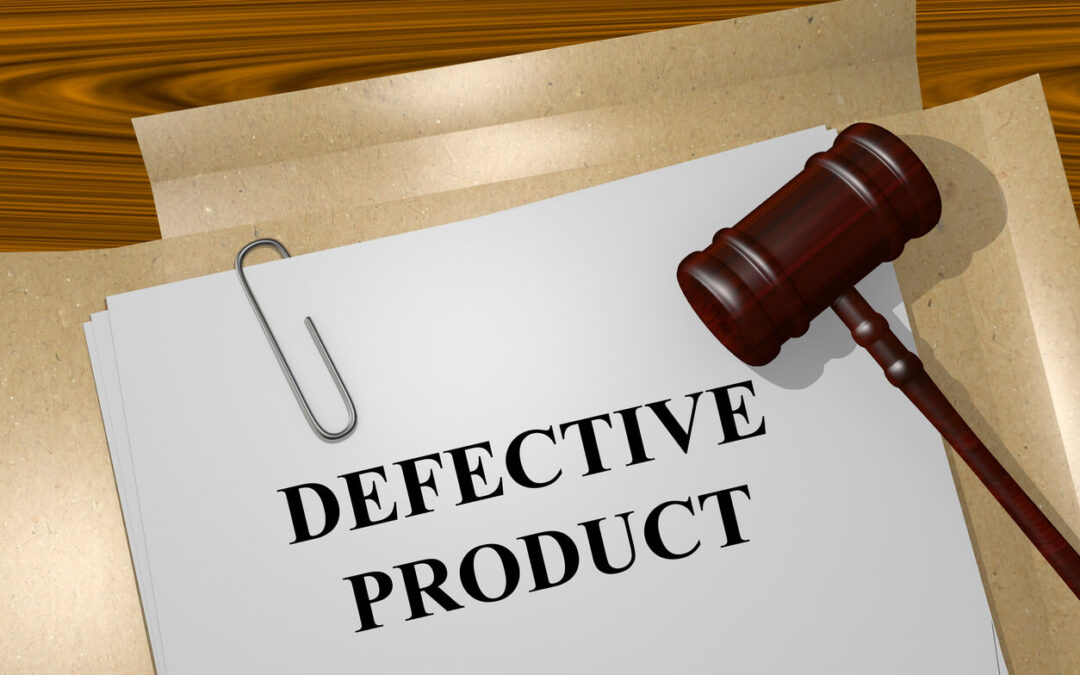Defective products cause thousands of injuries every year, from faulty electronics to dangerous pharmaceuticals and unsafe auto parts. When a product fails due to a defect, the consequences can be severe, leading to medical complications, financial burdens, and long-term harm. Understanding the legal rights of consumers in these cases is crucial for holding negligent manufacturers and sellers accountable.
Understanding Product Liability Laws in Texas
Texas law holds manufacturers, distributors, and retailers responsible when a defective product causes harm. Liability in these cases falls under three main categories: design defects, manufacturing defects, and failure to warn. A design defect means the product was inherently dangerous even before production. A manufacturing defect occurs when errors in the production process lead to unsafe products. Failure to warn cases involve inadequate instructions or missing warnings about potential risks.
Establishing liability requires proving that the product was defective, that the defect caused the injury, and that the product was being used as intended at the time of the accident. Manufacturers often dispute claims, making strong legal representation essential in proving negligence.
Steps to Take After an Injury from a Defective Product
Seeking medical attention is the top priority after an injury caused by a defective product. Even minor injuries can develop into serious health issues, and medical records play a crucial role in proving damages. Preserving the product in its post-accident condition is also vital, as it serves as key evidence in a legal claim.
Documenting the incident strengthens the case. Taking photographs of injuries, the defective product, and any packaging or warning labels can help demonstrate how the product failed. Keeping receipts, user manuals, and any communication with the manufacturer or seller provides further proof of product ownership and usage.
Challenges in Defective Product Claims
Companies and their insurers aggressively defend against product liability claims to protect their reputations and financial interests. They may argue that the product was misused or that the injury was unrelated to the defect. Some manufacturers recall products in an attempt to limit liability, but a recall does not absolve them of responsibility if harm has already occurred.
Product liability claims often involve complex investigations, requiring expert testimony from engineers, medical professionals, and industry specialists. These experts analyze how the defect contributed to the injury and whether the manufacturer failed to meet safety standards. Legal teams experienced in handling product liability cases are critical in gathering this evidence and building a strong claim.
Compensation for Injuries Caused by Defective Products
Victims of defective product injuries may be entitled to compensation for medical expenses, lost wages, rehabilitation costs, and pain and suffering. In severe cases where a product defect results in long-term disability, compensation may also cover future medical care and diminished earning capacity.
Texas allows for punitive damages in product liability cases where manufacturers acted with gross negligence or willful disregard for consumer safety. These damages are meant to punish the company and deter similar misconduct in the future. Pursuing full compensation requires navigating strict legal requirements and ensuring all necessary evidence is presented effectively.
Legal Support for Defective Product Claims
Holding corporations accountable for unsafe products is a challenging process, especially when facing large legal teams and corporate insurance companies. Victims of defective products need skilled representation to level the playing field and secure fair compensation.
McKinnon Law provides dedicated legal support for those injured by dangerous products in Houston. With a commitment to thorough investigation and aggressive advocacy, clients receive the representation they need to take on negligent manufacturers. Pursuing legal action not only helps recover financial losses but also contributes to consumer safety by pushing for higher industry standards.

